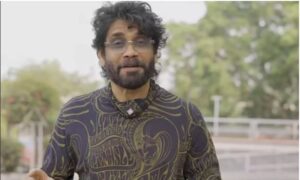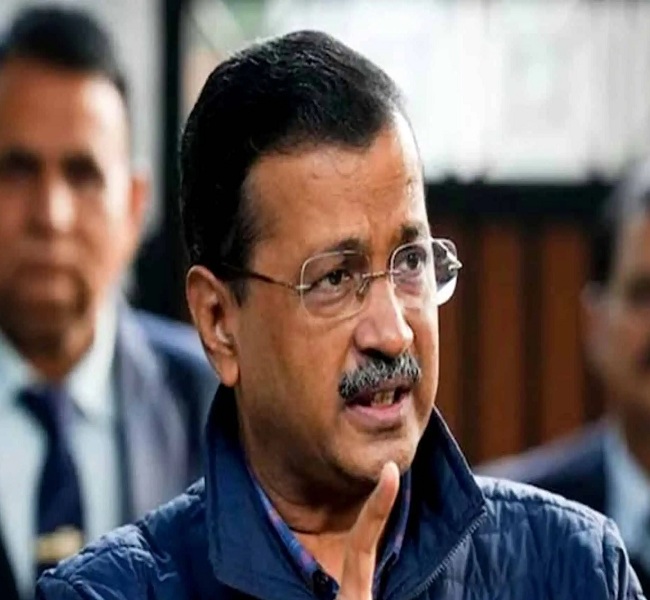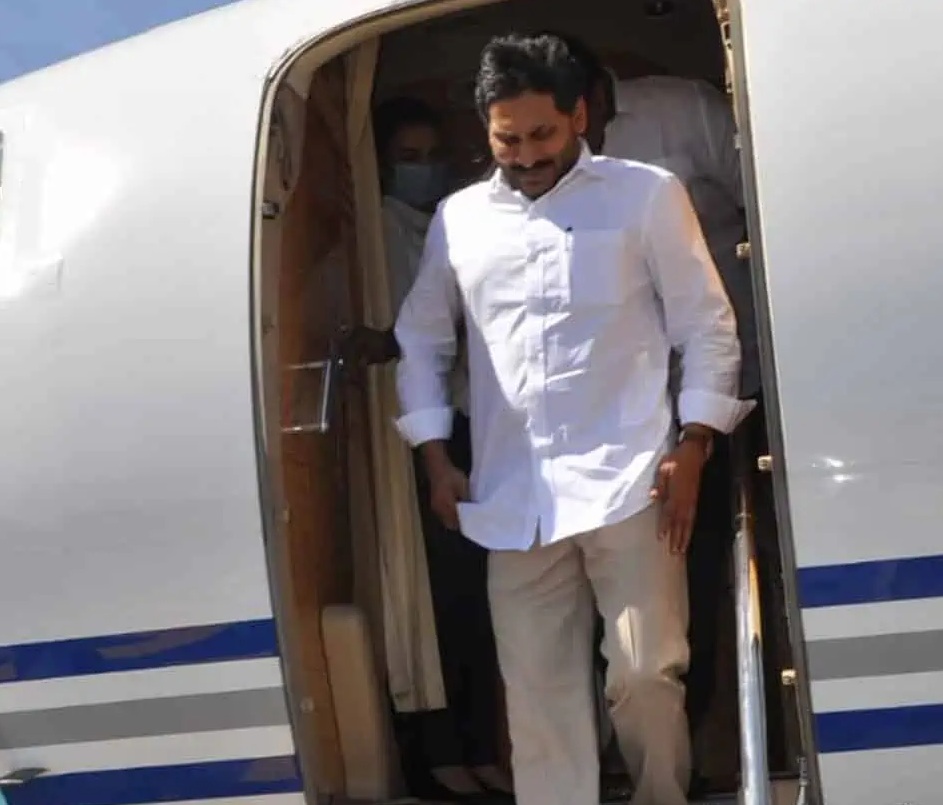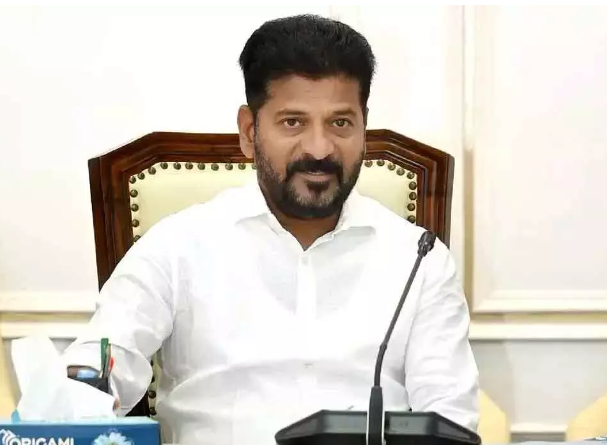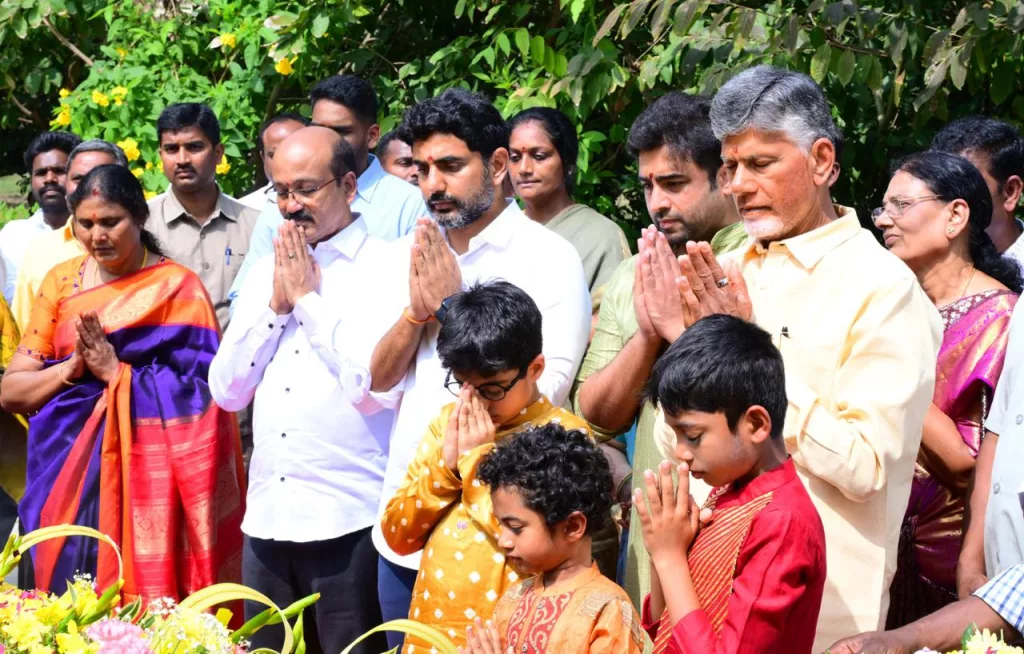
Over the last decade, Canada has become a prime destination for Indian students, with over 4.26 lakh currently enrolled for higher studies. However, the resignation of Justin Trudeau and the likely rise of the Conservative Party under Pierre Poilievre could signal significant shifts, raising questions about the future prospects for Indian students in Canada.
A Growing Relationship Under Pressure
Since 2015, Canada has seen a steady rise in Indian students, with study permit approvals increasing significantly. According to data from Immigration, Refugees, and Citizenship Canada (IRCC), the number of Indian students jumped from 31,920 in 2015 to an impressive 278,250 by 2023, making up 40.7% of the total international student population. Despite this, the Trudeau administration implemented stricter policies as its tenure came to a close, creating new hurdles for Indian students.
For example, in 2024, there was a 4% decrease in the number of study permits issued to Indian students, with only 137,445 granted by August. This decline follows policy changes such as the cancellation of the popular Student Direct Stream (SDS) program, a reduction in allowable work hours for international students, and more stringent regulations surrounding post-graduation work permits (PGWP).
Debate Over Trudeau’s Policies
While these new restrictions have been seen as obstacles, some experts argue that they may foster a more targeted approach to attract serious students. Tirath Singh, an immigration consultant at Pinnacle Immigration, explained, “The recent policy changes aim to attract students who are genuinely interested in studying and working in fields that align with Canada’s needs. For those with sincere intentions, these changes offer stability and long-term opportunities.” Singh also suggested that filtering out less committed applicants could help students integrate more effectively into the job market and streamline their transition to permanent residency (PR).
Leadership Shift and Opportunities for Stronger Ties
The shift in leadership in Canada could offer an opportunity to strengthen bilateral relations between Canada and India. Saurabh Arora, Founder & CEO of University Living, noted, “This political transition could open doors for enhanced collaboration between Canada and India, particularly in areas like education, technology, and sustainability.” He emphasized that this could result in progressive policy changes, such as smoother visa processes and better opportunities for Indian students post-graduation.
In the long run, the change in leadership may be an opportunity for Canadian policies to evolve, creating an environment that benefits both nations, especially Indian students who are eager for academic and professional growth in Canada.
Recent Random Post:

